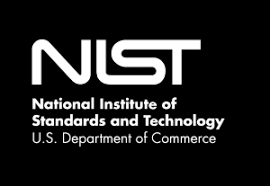CVE-2021-24537
The Similar Posts WordPress plugin through 3.1.5 allow high privilege users to execute arbitrary PHP code in an hardened environment (ie with DISALLOW_FILE_EDIT, DISALLOW_FILE_MODS and DISALLOW_UNFILTERED_HTML set to true) via the 'widget_rrm_similar_posts_condition' widget setting of the plugin. Devamını Oku

